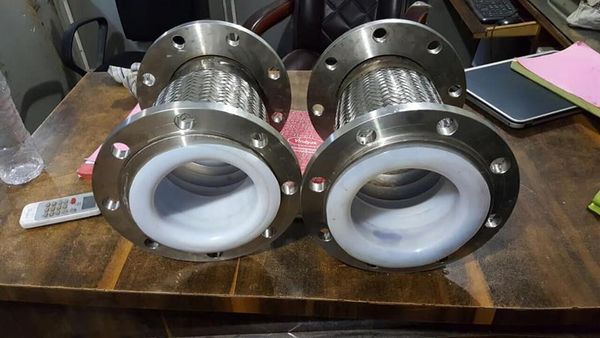PTFE Biotech Hose
2023-02-18 16:08:54
PTFE hoses have been on the market for quite some time, but there is one major problem with them. Many of them have non-swivel fittings, making it difficult to clock them onto the hose, which is a major problem if you are trying to connect it to an engine under the hood. Semi-swivel fittings can solve this problem. This is not a foolproof solution. You'll need to do a trial-and error test-fitting to ensure the hose fits correctly.
PTFE biotech hose best quality
When it comes to PTFE biotech hose, there are several important factors to consider. In addition to quality, you should also be aware of the durability of the product. PTFE biotech hoses resist kinking and full vacuum, unlike rubber hoses. These features make them ideal for pharmaceutical and biotech plants. They are also easy to clean.
PTFE biotech hoses are made from polytetrafluoroethylene (PTFE) resin, which was discovered in the 1930s by scientists at DuPont. It is a highly durable material with a high melting point and excellent thermal properties. Because of these properties, PTFE hoses can be effective in a wide temperature range. These hoses are used in applications that require high pressure gas transfer and aggressive chemical.
These biotech hoses come in lengths up to 50 feet and come in a variety inner and outer diameters. They can be used in bulk haulers and chemical plants, and they are ITAR-registered.
PTFE braided chemical tubing
Non-reactive material, PTFE braided Hoses repel water and transfer material with lower friction. This makes them ideal for harsh industrial environments and ensures that they are leak-free. PTFE is a versatile material used for a wide range of applications, including dairy, food, and pharmaceutical industries. PTFE hoses also have excellent electrical properties. They are ideal for many applications because their dielectric constant is less that 2.1 at -40 to 480 degrees Fahrenheit.
There are many configurations of PTFE braided chemical-hoses. These hoses can be made with either a single or double braid and can be manufactured in a variety of alloys. These hoses are not flammable and can withstand extreme temperatures. Moreover, they can be easily cleaned.
PTFE teflon rubber hose upgrade quality
Flexible PTFE hoses can be used for a variety of purposes. They can also be reinforced with armor guards and convoluted bores. This makes them more durable and can be bent quite far. If you're looking to upgrade your hoses to a better quality, PTFE is a good choice.
PTFE hoses are also extremely durable, especially if you're working with high-pressure fluids. They have low gas permeability and repel oil and water, resulting in reduced friction and less wear and tear. They are also resistant to cracking, making them ideal in a variety of applications.
PTFE hoses have the added benefit of being temperature-resistant. Rubber is susceptible to deterioration at high temperatures. PTFE is highly resistant at high temperatures making it an ideal choice for a variety of industrial fluid transfer applications.